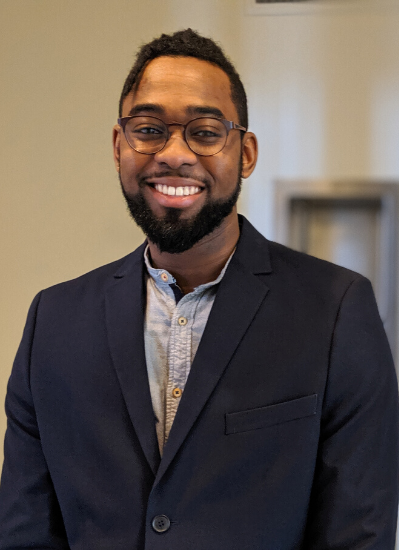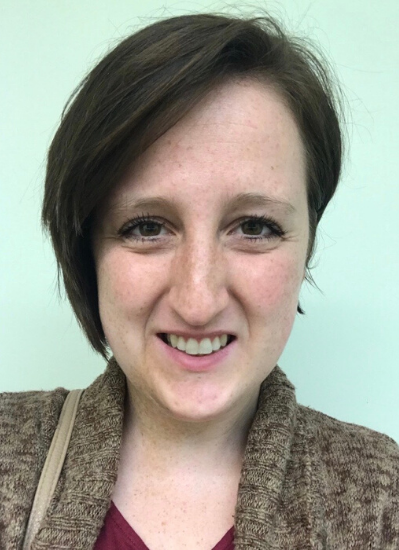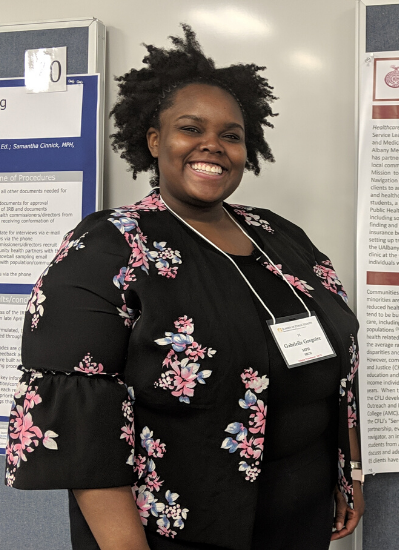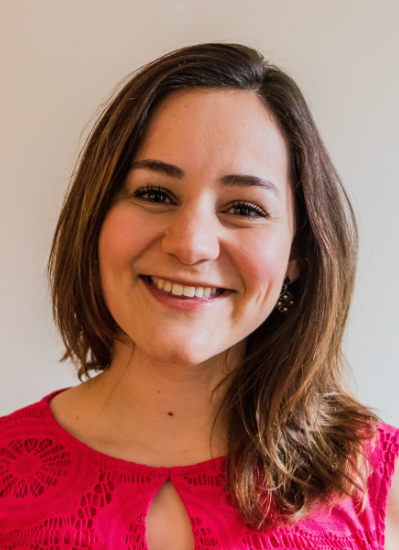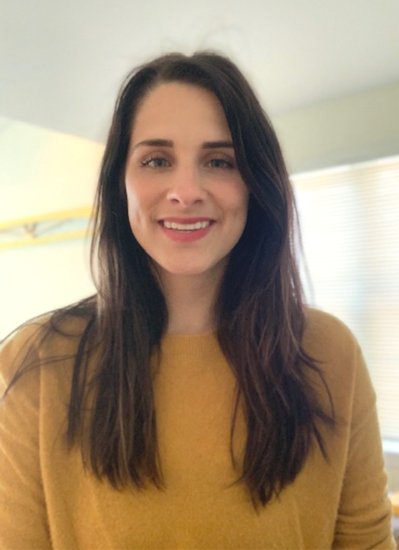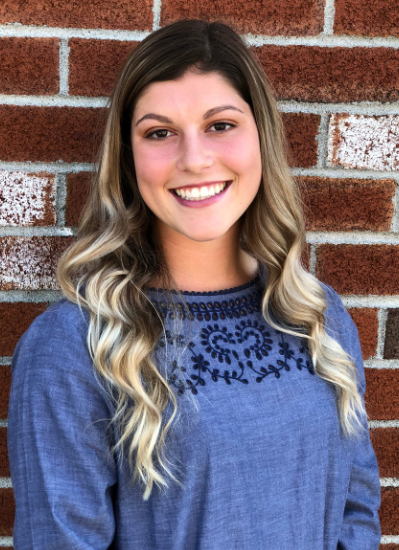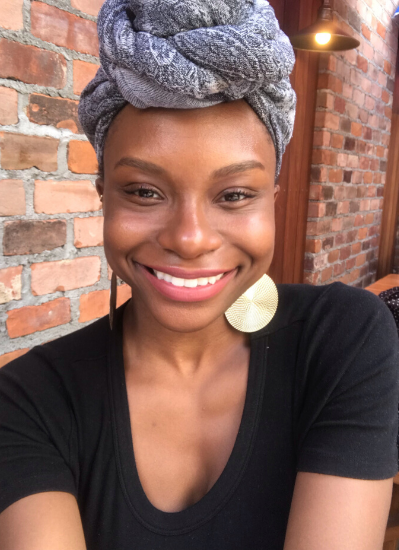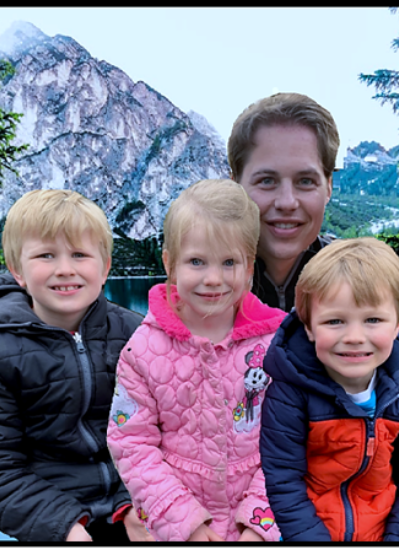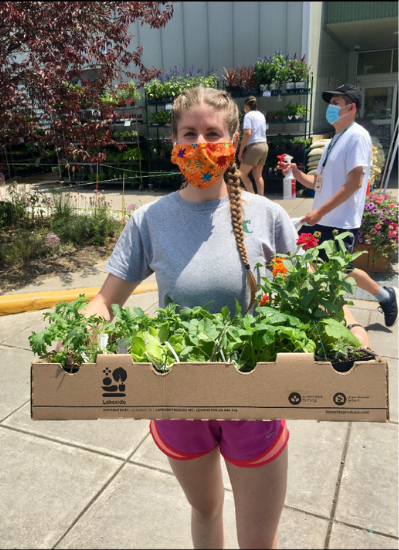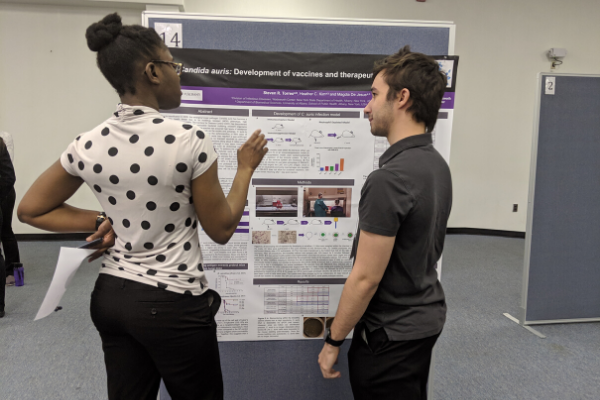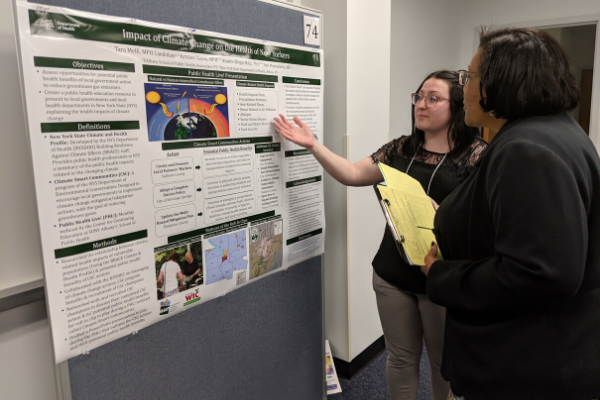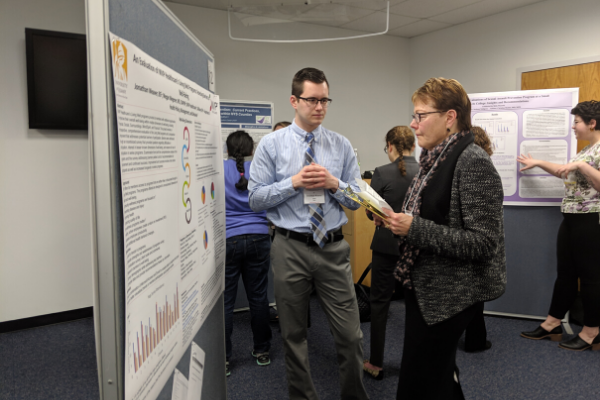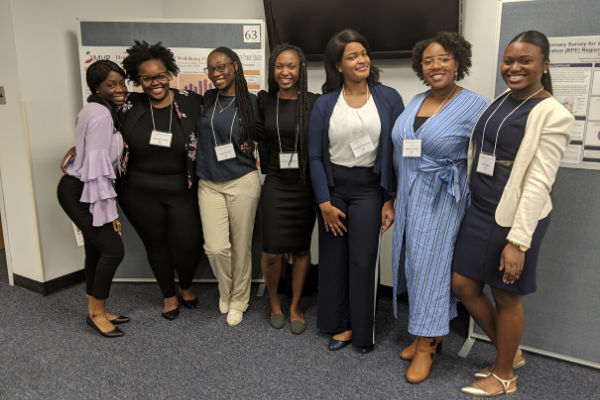Internships helps guide and prepare you for successful careers in public health. You can gain practical and applicable hands-on experience through internships with local community partners, local government agencies, not-for-profits, and the New York State Department of Health, to name a few - and even international internships through our Center for Global Health. Our MPH students complete 720 hours of hands-on learning (more hours than any other MPH program in the nation), and our MS, PhD, and DrPH students receive rigorous experiential learning opportunities to help advance their careers.
Our internship partners love working with our students! 35% of our students received job offers from their internship according to our latest survey of graduating students.
Public Health Internship Highlights
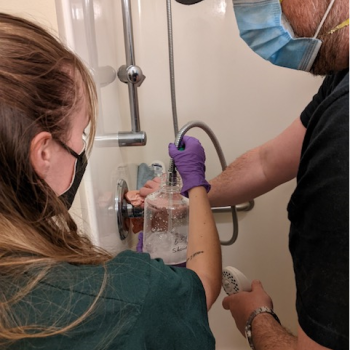
"Sampling at nursing homes and healthcare facilities was part of my summer internship for the MPH internship requirement! I was able to learn about field sampling for Legionella by traveling to different healthcare facilities around New York State.
Some of the Legionella sampling performed was done so as part of Project LegEnd, developed last year by the Bureau of Water Supply Protection (BWSP) of the NYSDOH, with the goal of ending Legionella in Article 28 and non-Article 28 healthcare facilities. Volunteer facilities received free Legionella sampling and guidance from NYSDOH staff. For volunteer Article 28 facilities, the data can be used to meet New York State's annual compliance sampling requirement required by 10NYCRR Part 4, Protection Against Legionella.
In addition to sampling for Legionella, NYSDOH BWSP staff evaluated the potable water systems for water quality parameters including but not limited to ATP, chlorine/disinfection residuals, temperature, pH, and conductivity. Based on our findings, we could make recommendations to facilities that would allow them to improve their potable water system management practices and decrease the risk of any future Legionella exposures. Sampling locations include showers, sinks, hot water tanks, and hot water returns. Showers are of particular interest as recent history has shown a higher rate of positivity in shower samples and showers are also the most likely point of exposure to healthcare facility residents.
I learned so much from this experience, I gained a deeper understanding about environmental health and collecting environmental samples using aseptic techniques. I was able to expand my horizons and learn about different fields of public health. I would have never expected to like fieldwork and environmental health as much as I did and how environmental sampling can tie into epidemiology."
- Noelle Horth, second year MPH student
Past Public Health Internships
- Albany Medical Center
- College of Nanoscale Science and Engineering
- Gen*NY*Sis Center for Excellence in Cancer Genomics
- New York State Department of Health: Division of Genetics, Newborn Screening
- University of Rochester Medical Center
- Wadsworth Center
- New York State Department of Agriculture and Markets: Food Laboratory Division
- New York State Department of Health: Bureau of Water Supply Protection
- New York State Office for the Aging
- New York State Office of the Attorney General: Environmental Protection Bureau
- Wadsworth Center: Laboratory of Environmental Biology
- Healthcare Association of New York State
- New York State Department of Health: Bureau of STD Prevention and Epidemiology
- New York State Department of Health: Bureau of Tuberculosis Contro
- Rensselaer County Health Department
- University at Albany Counseling Center
- MVP Health Care
- New York State Association of County Health Officials
- New York State Department of Health: Nutrition Policy and Health Promotion
- New York State Office for People with Developmental Disabilities
- Schuyler Center for Analysis and Advocacy
- American Cancer Society
- Capital District Physician’s Health Plan
- New York State WIC Program
- Pride Center of the Capital Region
- Schenectady County Legislature
- US Committee for Refugees and Immigrants
- Whitney M. Young Jr. Health Center
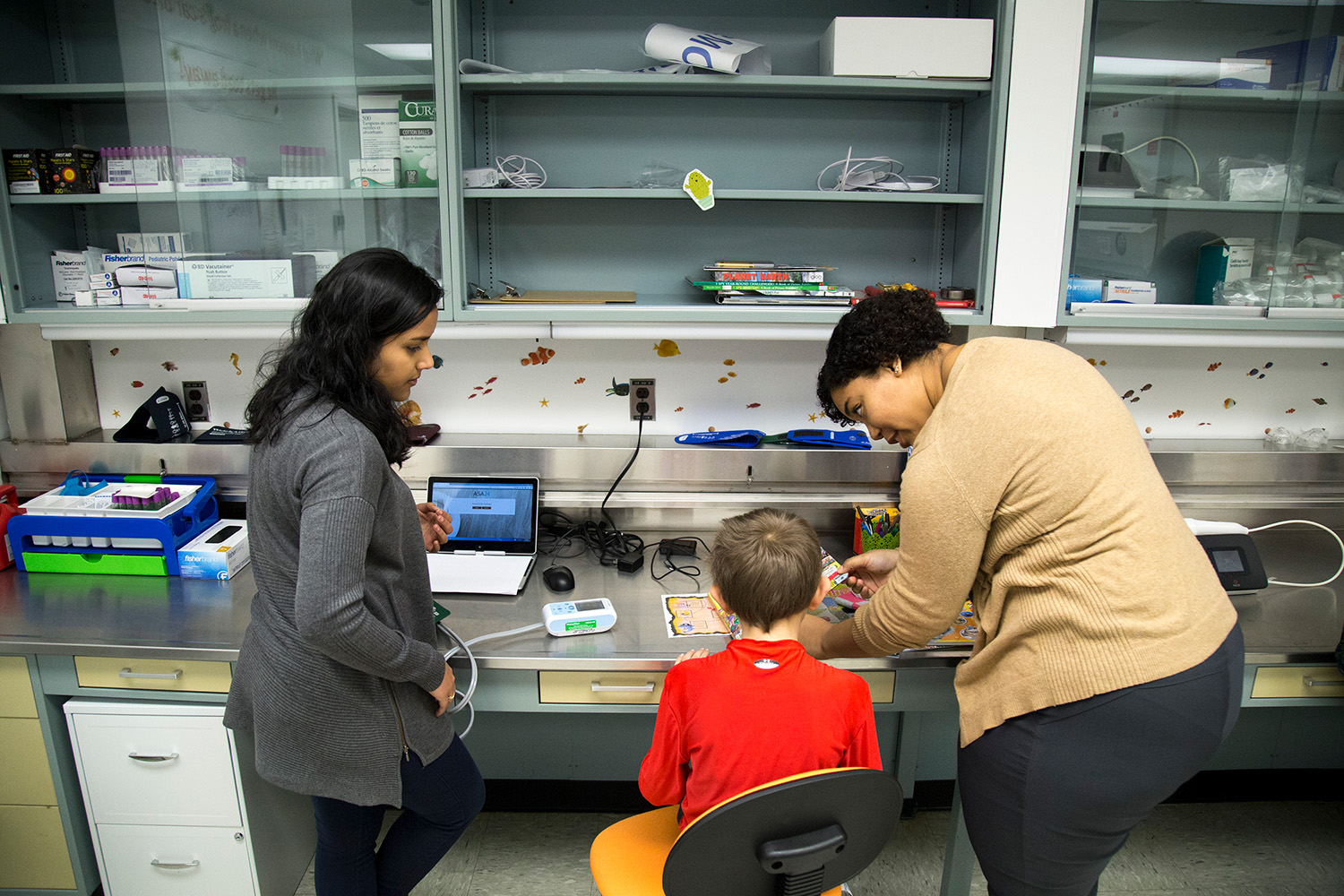
Additional Career-Related Services
- Weekly emails related to internships and career development, including deadlines for internships and details about job opportunities.
- Drop-in hours for quick questions related to internships, careers, or professional development.
- Confidential career appointments to discuss various career-related items, ranging from securing an internship to receiving a cover letter or resume critique.
- Events and programs to prepare students for personal and professional success.
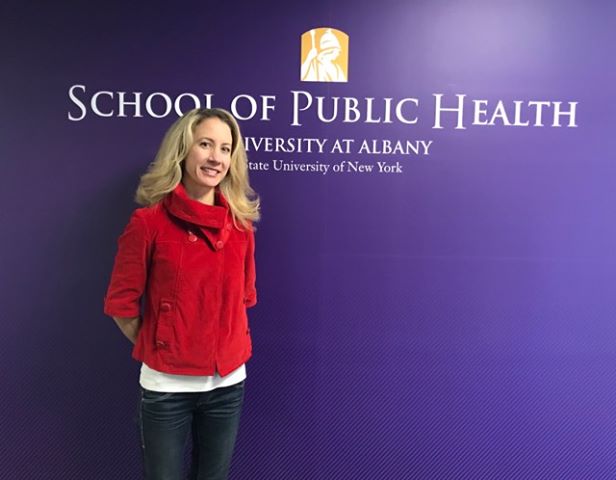
"I was able to use my practicum experiences as an opportunity to 'try out' different potential career areas. I was able to work as a research assistant at the Department of Health and at a non-profit organization. My last practicum with ACOG District II has evolved into a long-term role."
- Meg V., DrPH student
Pinebush Building, 1400 Washington Avenue
Albany, NY 12222
United States



